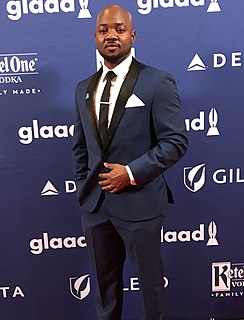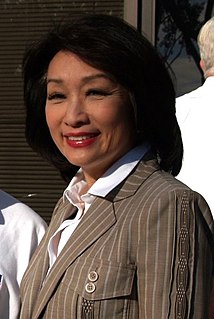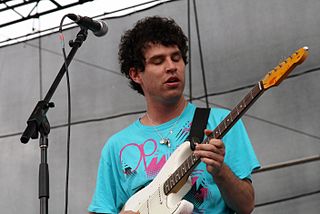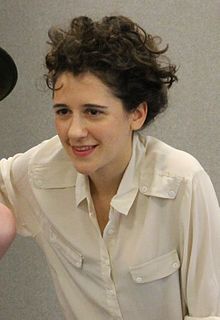A Quote by Trace Lysette
Trans folk are so often pushed to the margins and not afforded the resources and opportunities that some nontrans people are.
Related Quotes
Anytime that we - and when I say "we," I mean feminine people, trans feminine folk, women - do anything that is centered on our own pleasure or desire, it's seen as frivolous. But learning how to love your own body and finding pleasure in something that has brought you pain [in the past] is so important. I think that it's probably a greater struggle for trans folk, because we struggle more with our bodies.
The opportunities and threats existing in any situation always exceed the resources needed to exploit the opportunities or avoid the threats. Thus, strategy is essentially a problem of allocating resources. If strategy is to be successful, it must allocate superior resources against a decisive opportunity.
I am really passionate about transparency and trans rights issues, so I embrace these opportunities to speak. I try to stay in touch with those who are prominent in both the trans and transparency movements, but more often than not, I am speaking out on a particular issue on my own. I certainly hope that people listen to me and think about these issues. But regardless of whether I had a public venue to speak in, I would still be passionate about them.
It's weird, in New York, it's like the big theme of everything is folk music and interacting with people. Maryland is where the landscape of our music comes from, it was more like, let's walk around. People are saying that we are part of some sort of folk scene. We don't feel connected with it. We do live in the city, and communicate with people. It's all folk music.
Trans voices are really underrepresented, and trans stories are really underrepresented, and when they are presented, they're often reductive. I was interested in putting a trans person and a trans narrative on stage that didn't fall into cliché, that thought a bit more deeply about the experience of being trans, and how those issues tie into things that we all experience. How we tell the story of our lives, versus what might have actually happened, and how we communicate to our former selves. All of those questions were really interesting to me.
































